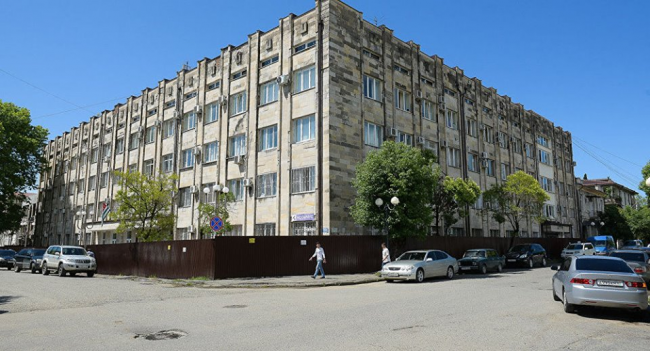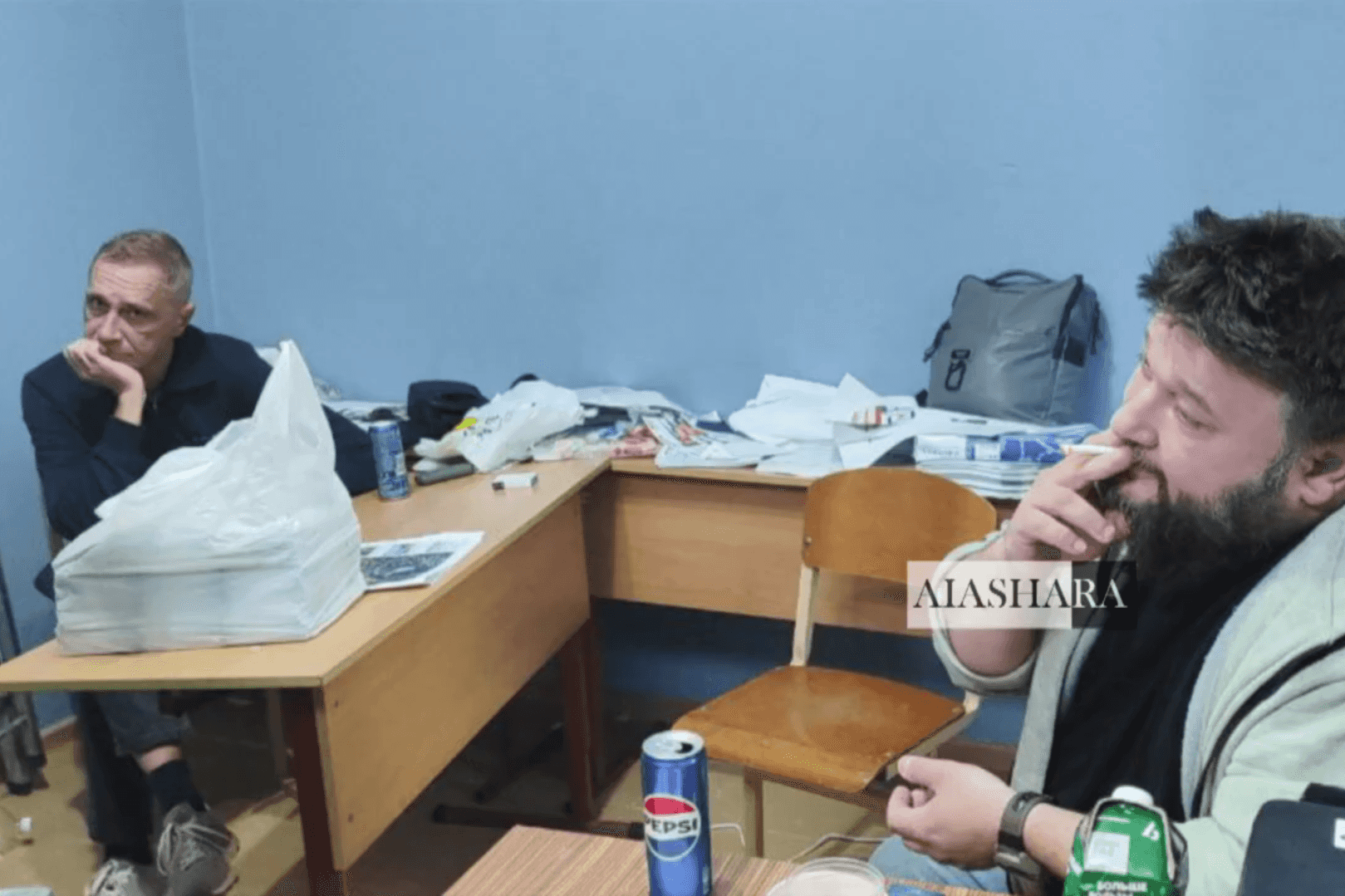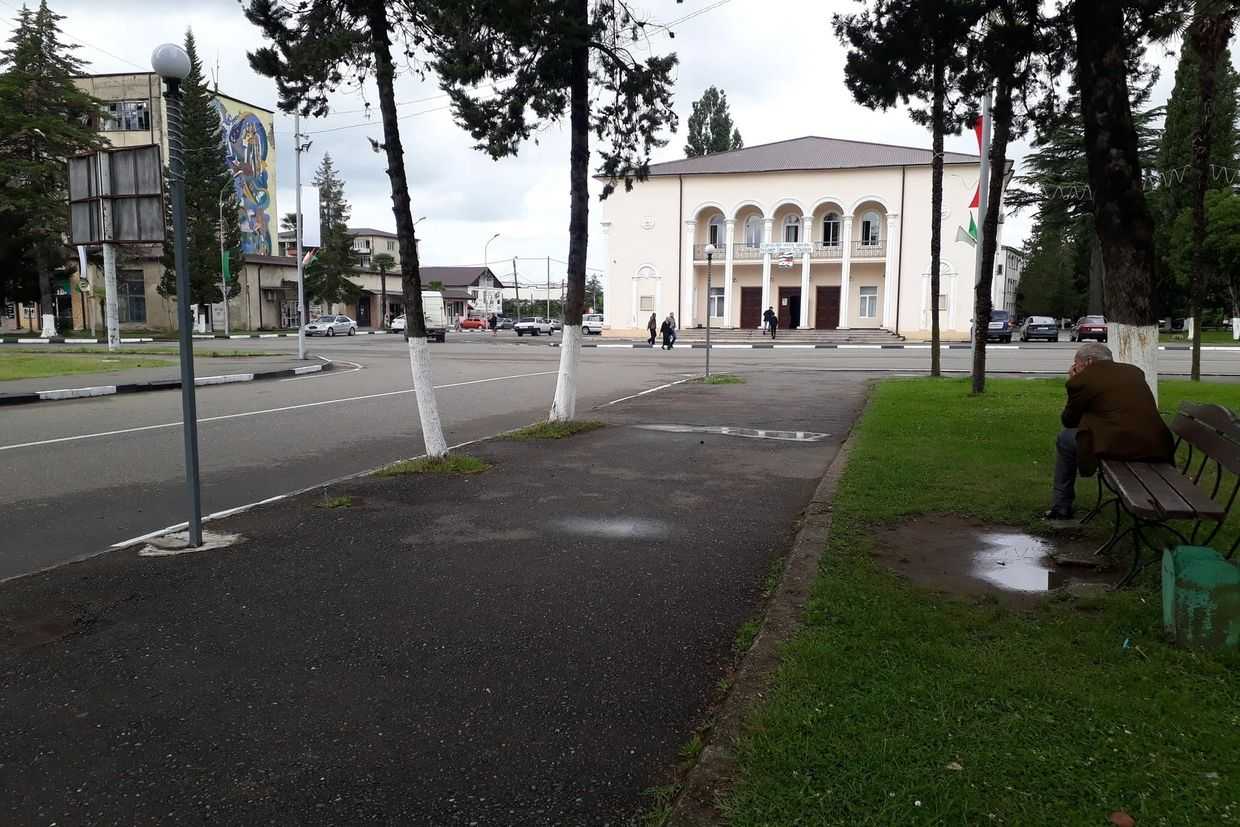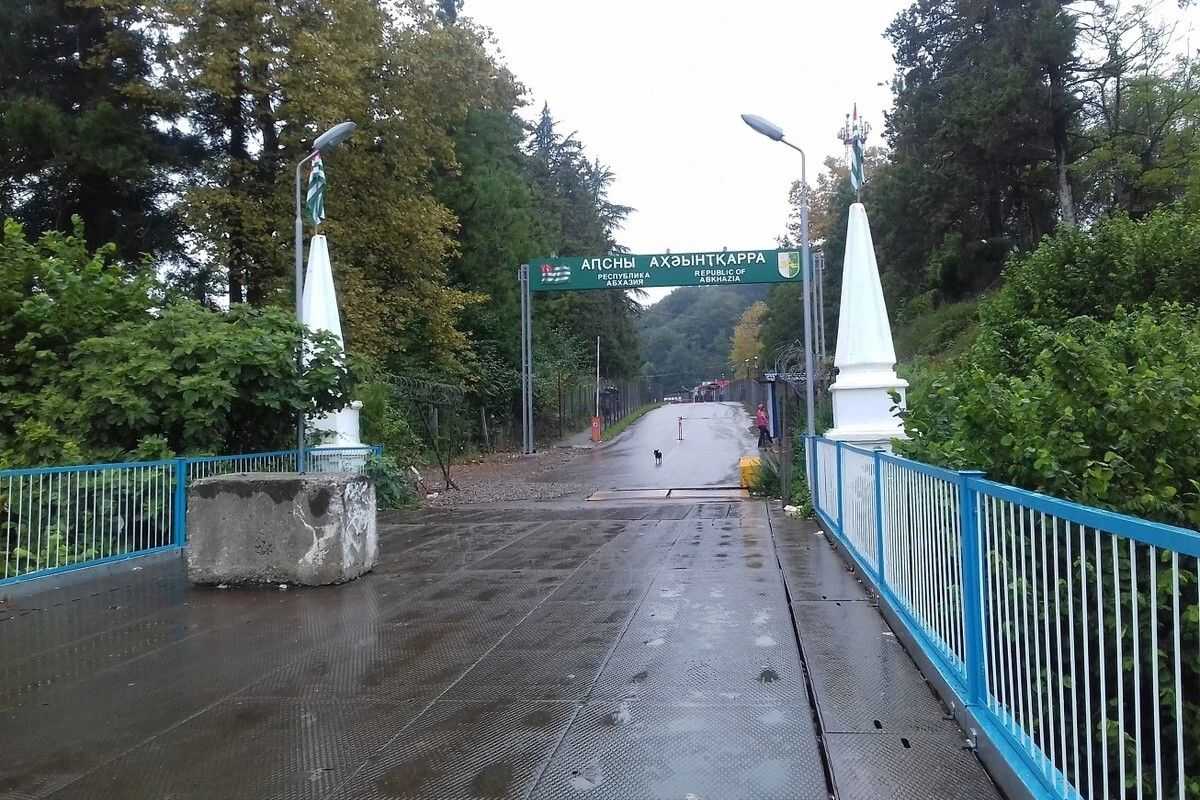

 A new Labour Code came into force in Abkhazia in January 2017, which on paper, significantly expands the rights of workers. But the law has limitations, and not all workers know their rights.
A new Labour Code came into force in Abkhazia in January 2017, which on paper, significantly expands the rights of workers. But the law has limitations, and not all workers know their rights.
Svetlana (not her real name) works in two different state agencies. ‘I have a contract with one of them, but for some reason not with the other. I’ve approached the human resources department several times and asked to be registered, but each time I’m told “we don’t have time now, we’ll do it some other time” and this is still the case’, she says.
Svetlana adds that she and her colleagues work overtime from time to time, but the management of the organisation where she works does not pay them for the extra work.
A $5 fine
One of the biggest changes the new Labour Code brought in was to introduce a Labour Inspectorate. Working under Abkhazia’s Ministry of Labour and Social Development, the Labour Inspectorate is supposed to inspect workplaces for violations of the code, such as in Svetlana’s case.
So far, they have spent most of the year recruiting staff and developing a regulatory framework, and only started inspections to identify labour violations this quarter.
‘At the moment, our inspectors are checking state-funded institutions. Next year, we will start checking private enterprises, once our specialists have a degree of expertise; then the labour protection inspection will be on track’, a spokesperson for the Ministry of Labour told OC Media.
This is just one of the many mechanisms introduced in the new code — which replaces Soviet era legislation — to protect workers’ rights. on top of a labour inspection mechanism, the law makes employment contracts compulsory and sets fines for employers who violate the rights of workers.
The representative of the Ministry told OC Media the fines would mean ‘an employer feels their responsibility when it hits his own pocket’. However, the size of the fine set out in the code is just five times the minimum hourly wage, i.e. ₽300 ($5). The government is considering options for increasing fines by amending the Administrative Offences Code, the spokesperson added.
Saida, another government official who requested to remain anonymous, says she has never personally faced violations of the Labour Code, but that she has heard stories from colleagues who, for example, lost their jobs after taking maternity leave.
‘Sometimes salaries are not paid in full’, she says, ‘for example, employees of secondary and post-secondary [educational] institutions are paid by the hour. Many don’t even know how much an hour of work is worth; everyone gives them different sums. And if they turn to the main agency for information, this can lead to a discontented employer’, she said.
According to the representative of the Ministry of Labour, there is no single pay scale in state educational institutions. In state agencies, this is set by each department, and there are extra payments according to, for example, how long someone has worked there. For private businesses, pay is regulated directly through a contract.
Contracts are mandatory
According to the new Labour Code, it’s not only companies and entrepreneurs who are obliged to sign contracts with workers, but anyone paying someone else for work.
‘Even if a person invited an employee to work on his personal plot of land, he must sign a contract with him. And the employee has the right to demand the employer fulfils this employment contract. This will count towards his work record but these contracts need to be registered. It’s just that not everyone knows about this at the moment, although we are trying to inform the public. It takes some time for people to get used to it’, the ministry spokesman told OC Media.
He says it is mostly foreign workers who will have problems, since it is usually them who do not have labour contracts.
According to businessman Artur (not his real name), he often has to hire workers from former Soviet countries. He says that foreigners are registered with the Migration Service and they pay taxes legally to the state. However, even though a labour contract is a legal requirement, in practice this happens very rarely.
‘On the one hand, the status quo is convenient. I made an agreement with an Uzbek, he arrived, did the work, and we were both satisfied. But what if he didn’t [do the work]? Or what if he damaged part of the site during the work? Or fell off the roof? And you don’t have any contract with him. Representatives of law enforcement agencies will ask what the person was doing there and why he fell or something like this. That’s a double-edged sword. Therefore, contracts are necessary’, he said.
In case of dismissal — to the court
OC Media spoke with a number of lawyers who said most labour disputes they deal with involve clients who were fired from their jobs. In most cases, they said they managed to successfully challenge the employer’s decision.
‘In one organisation, when the head changed, he fired a brilliant employee with a good track record and gave the position to an acquaintance. Under the law, he had the right to [fire him], but he did not indicate the grounds for dismissal, did not refer to the Labour Code, and so on. The court case continues’, one lawyer told OC Media.
His colleague explains that in state institutions, dismissal procedures are very often not properly followed.
‘Very often, the management’s decisions to dismiss someone is contested only because the procedure itself was not properly followed. Even if the boss is right, a dismissal is still considered illegal in such cases’, the lawyer explains.
When this happens, the dismissed employee has the right to their job back, but only if they are a member of a trade union.
This article was prepared with support from the Friedrich-Ebert-Stiftung (FES) Regional Office in the South Caucasus. For ease of reading, OC Media chooses not to use qualifiers such as ‘de facto’, ‘unrecognised’, or ‘partially recognised’ when discussing institutions or political positions within Abkhazia, Nagorno-Karabakh, and South Ossetia. This does not imply a position on their status. All opinions expressed, and terminology used are the words of the author alone, and may not necessarily reflect the views of FES or the OC Media editorial board.








